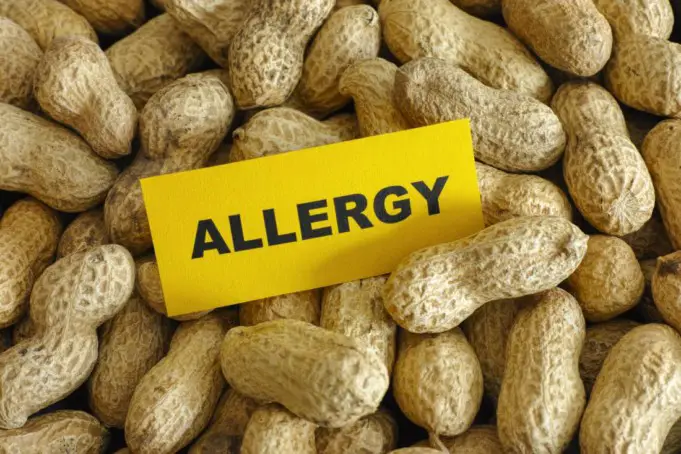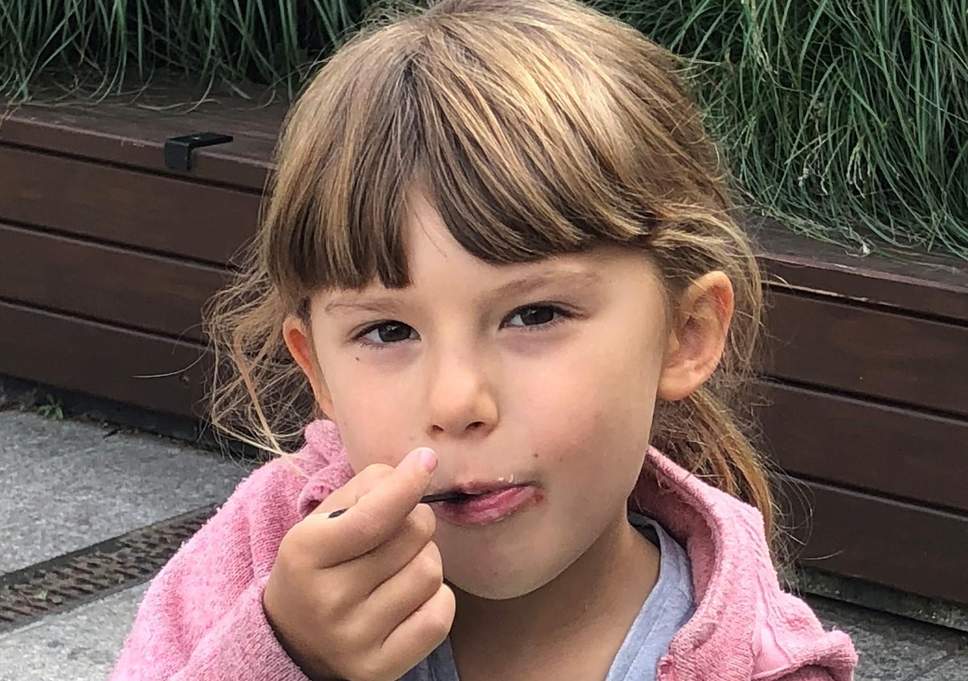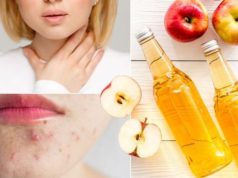Peanut butter is one of my favourite snacks. It is quite alarming how many people around the world are allergic to peanuts.do you think there is any way you can prevent peanut allergies in babies? As you read this article further, you will find out.
If you want to prevent peanut allergies then just maybe you should feed your babies peanuts. American Academy of paediatrics encourages mothers to feed their babies peanuts in a new clinical report that shows that early exposure to common allergens can help to prevent the development of allergies during a child’s developmental stage.
The group which is represented by paediatricians usually on the front line when it comes to intervening on childhood allergies first started urging parents to feed their babies with peanut-based foods and other allergens that are common in 2015.
This new study which has been published in the journal of paediatrics reinforces the recommendations with the backing of more research and also updates the guardians and allergens which was first issued in 2008.
Dr Scott Sicherer, who is an allergist at the Mount Sinai hospital in New York, and also a co-author of the report said: ” there is absolutely no reason for you to delay giving your baby foods that are considered allergens such as eggs peanut products or fish these foods are healthy enough to be added to their diet early the same way you give them foods that are not common allergens like vegetables, rice, and fruits.”
The idea behind this is that a person’s immune system develops very early in life so if we can change it during childhood it is possible to manage or improve the patient’s destiny when it comes to allergies.
Parents are concerned about the inability for infants to communicate
parents of children who have allergies a little bit worried about this advice especially because their children are still too young to talk. And apart from that for a very long time, doctors have firmly advised parents against early exposure of their children to potential allergens.
Cannot of paediatricians advice parents to wait till their children are old enough to talk before they feed them possible allergens so that if they feel uncomfortable, they can easily communicate with them.
The truth remains that even though these doctors have said that it is safe to introduce your children to peanuts during infancy, we must also point out that it is not entirely risk-free.
Dr David Stukus who is an associate professor of paediatrics in north wild children’s hospital Columbus, Ohio, said that 98% of individuals would never develop a peanut allergy and even for those people who are predisposed the risk of early exposure pills when compared to that of developing a lifelong allergy to peanuts or its by-products.
A lot of times when children are exposed to allergens their parents rush to the paediatrician not because the children are dying but because they developed a rash.
So even if a child exhibits some kind of allergic reaction parents must always remember that their immune system at that point is still developing antibodies that will protect them later in future.
This case is all about tolerance if a person is exposed to allergens regularly during their early life; this person will become more tolerant to that allergen.
Experts recommend that you give infants ground peanuts or any unique formula that includes peanut. The reason you shouldn’t give them whole peanuts is that they stand a chance of choking on it. You can begin to introduce such foods to your child as early as six months of age at this point other solid foods will be tolerated.
Something else that was also reinforced by the report is the earlier findings that claim no evidence proves that delaying the introduction of allergens later than four to six months of age would prevent atopic diseases.
Atopic diseases are allergies that produce reactions in places that are remote from the site of exposure to a specific allergen such as eczema, allergic rhinitis, and asthma.
According to the report, high-risk infants like those that have severe eczema that requires prescription treatment and infants with egg allergies can also be exposed to peanuts foods while getting tested for any possible peanut allergies.
It is encouraged the parents to have a talk with their allergist or paediatrician about any symptoms of allergies they notice and whether they are a child should get tested.
This way if there are any changes in allergies the physician will be able to track them we should also remember that some allergies would most likely go away as the child grows older.
Peanuts and not the only problem
The reason why peanut allergies are well-known is because of their consequences that can sometimes be fatal.
But peanuts are only one of the eight groups all food allergens that have to be declared on our product labels. These problematic foods include eggs, milk, wheat, soybeans, fish, tree nuts, and crustacean shellfish.
The above-listed foods account for as much as 90% of all food allergies. From the information available to us some children are predisposed to allergies because of their family history.
Nutrition is one thing that can play a significant role in minimising or completely preventing allergies that can lead to some deadly consequences for children.
Early exposure to peanuts is not only a piece of the puzzle when it comes to preventing allergies; it is actually a big puzzle on its own. There is no need to try protecting a baby’s immune system when what we need to do is to challenge it.
The clinical report also addressed a broader range of issues that surround infant allergy prevention. It was further concluded by the AAP restricting the mother’s diet during breastfeeding or pregnancy does not seem to have any effect on preventing allergies.
The use of hydrolysed formula also doesn’t seem to have any impact even with children that stand a higher risk of allergies.
One other thing that was pointed out by the research is that exclusive breastfeeding for the first three to four months of a child’s life will help to protect them against eczema during their first two years.
It was also claimed that any amount of breastfeeding beyond three to four months will protect a child against wheezing and may reduce the risk of long term asthma
Conclusion
No evidence supports removing potential food allergens such as peanut from an infant’s diet. The AAP only recommends that infants should be exposed to these kinds of foods as soon as they start eating solid foods.
Exposing your infant to foods very early may help to prevent any development of allergies later in life. From the information gathered so far, it is evident that the early exposure of children to these foods is outweighed significantly by the dangers of developing lifelong allergies.
Do you know of any infants that were exposed to peanut early or do you have any opinions or suggestions that you feel will be helpful please do not hesitate to share in the comments section provided below. We look forward to interacting with you.













